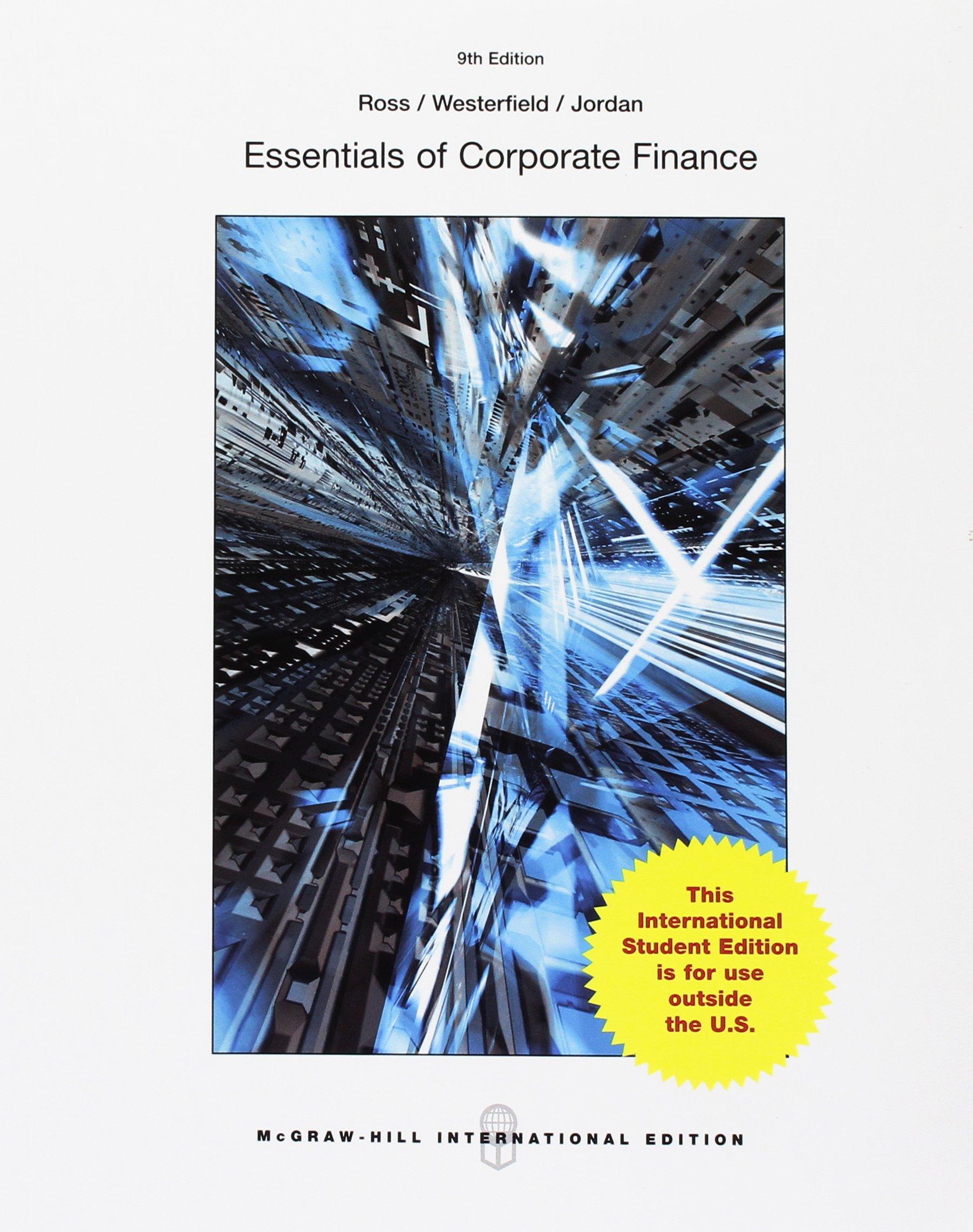Question
The Cost of Capital: Cost of New Common Stock The difference between the flotation-adjusted cost of equity and the cost of equity calculated without the
The Cost of Capital: Cost of New Common Stock
The difference between the flotation-adjusted cost of equity and the cost of equity calculated without the flotation adjustment represents the flotation cost adjustment.
Quantitative Problem: Barton Industries expects next year's annual dividend, D1, to be $2.20 and it expects dividends to grow at a constant rate g = 4.7%. The firm's current common stock price, P0, is $20.70. If it needs to issue new common stock, the firm will encounter a 4.2% flotation cost, F. Assume that the cost of equity calculated without the flotation adjustment is 12% and the cost of old common equity is 11.5%. What is the flotation cost adjustment that must be added to its cost of retained earnings? Round your answer to 2 decimal places. Do not round intermediate calculations. %
What is the cost of new common equity considering the estimate made from the three estimation methodologies? Round your answer to 2 decimal places. Do not round intermediate calculations. %
Step by Step Solution
There are 3 Steps involved in it
Step: 1

Get Instant Access to Expert-Tailored Solutions
See step-by-step solutions with expert insights and AI powered tools for academic success
Step: 2

Step: 3

Ace Your Homework with AI
Get the answers you need in no time with our AI-driven, step-by-step assistance
Get Started


